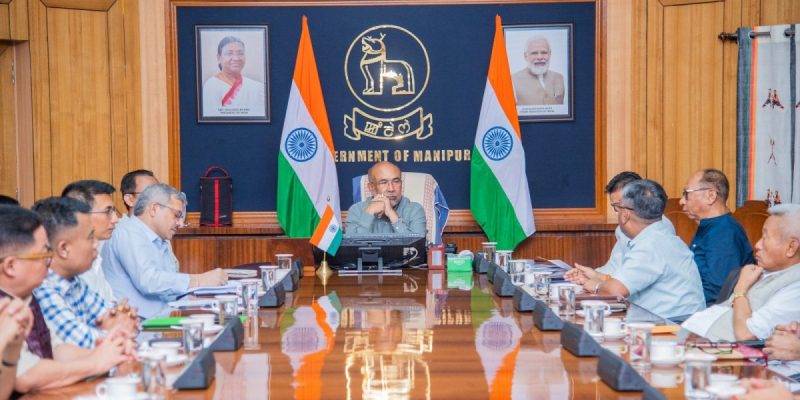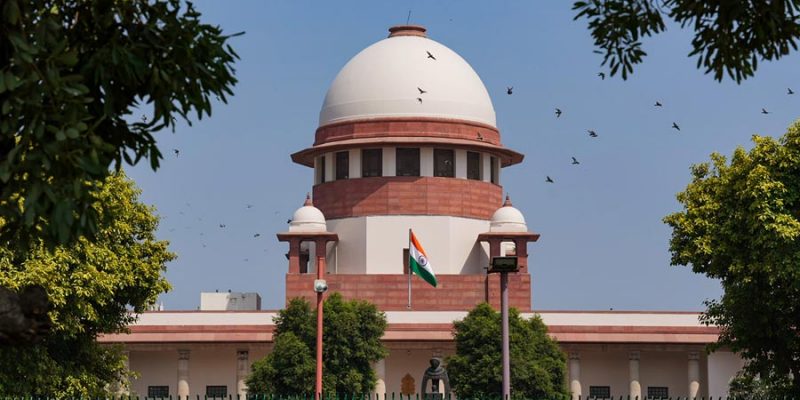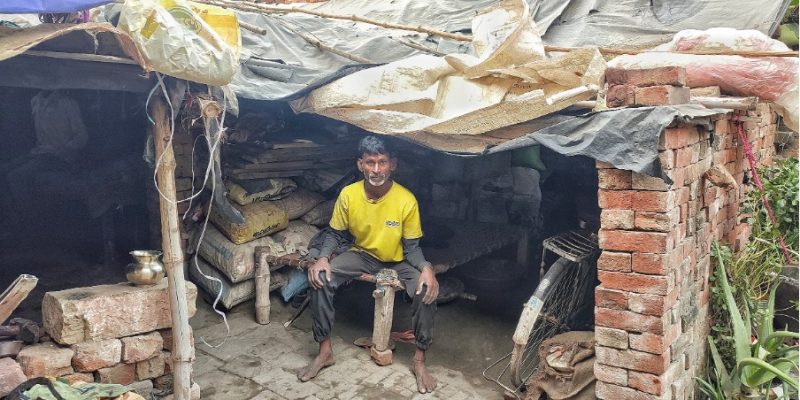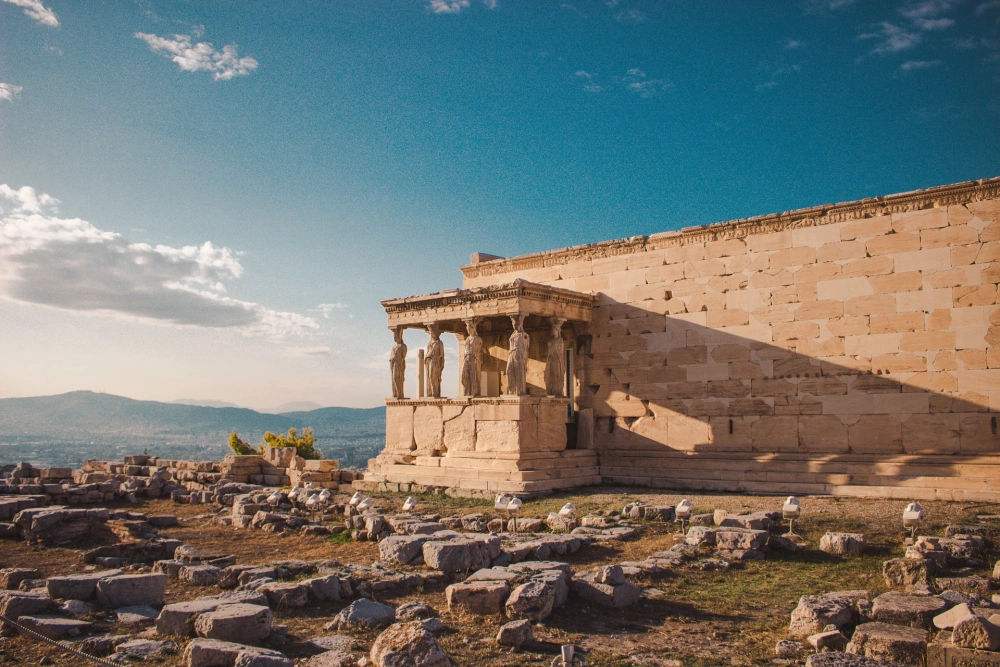Understanding the Rise of Civilisational Discourse and the ‘Indian Way of Democracy’

There has been a sudden and abrupt rise and return to civilisational discourses in postcolonial democracies. Is this a cultural response to economic globalisation? Or is it to do more with the political changes that democracies have been experiencing?
In the 1990s, economic globalisation, as in the opening up of national economies to global capital flows, was accompanied by political decentralisation and an emphasis on localising the administrative mechanisms. Thirty years later, the processes of decentralisation have been replaced by a corollary discourse around civilisation.
In a recent document titled ‘India as a democracy’ prepared by the Policy Planning and Research Division of the Ministry of External Affairs (MEA) after the downgrade of Indian democracy by global watchdog institutions, the government reasserted the “Indian way” of democracy.
The document invokes the idea of distinct ‘civilisational ethos’, and argues that India is a deeply pluralistic society, intuitively an international society. It adds that the term, ‘Vasudhaiva Kutumbakam’ – the world as a family – is deeply entrenched in Indian thinking.
Describing Indian democracy as a ‘human institution’, the MEA attempts to place its practice in the ‘civilisational context’, tracing it to the Ramayana and the Shanti Parva in the Mahabharata.
Invoking the idea of civilisation means that democratic practices are entrenched in our everyday life and they are too distinct to be understood by international agencies. This can be understood only by those who have experienced its civilisational ethos.
Democracies were earlier linked to cosmopolitan globalism, but today they are being propelled by civilisational imagination.
Also read: Writing the History of a Civilisational State
In ‘New India’, nationalism is rooted in a civilisational context. Samuel Huntington in his thesis, Clash of Civilizations, had argued that in the post-Cold War era, conflicts between countries would be replaced by conflicts between cultures. He felt due to globalisation, the world has become a smaller place, which is resulting in the rise of ‘civilisational consciousness’.
However, what we seem to have witnessed since Huntington’s prognosis is something different. It is a heady mix of hyper-nationalism with a renewed appeal to ‘civilisational consciousness’. Civilisation today is more about historical continuity and the essence of it, rather than spatial spread beyond national boundaries. It is about finding and foregrounding distinct national cultures and identities.
What should really concern us here is, would such an abrupt but significantly different turn to civilisational discourse enhance or undermine modern democracies? The return of civilisation is coterminous with the turn to ‘illiberal democracies’ that are populist and shaped by anti-elitist and decolonising imagination.
Civilisational discourse in modern democracies seems to reflect an attempt to recalibrate the relation between individual, community and the nation. These conventional sociological categories are undergoing a dramatic transformation. They cannot be understood through simple-minded secular binaries between individual and collective or community and national citizenship. There is a parallax effect that makes it difficult to make a definitive sense of their momentum and direction.
For instance, in Indian democracy, we could witness social fragmentation of castes into smaller units of jatis and sub-castes, which is paradoxically contributing to the rise and consolidation of a unified Hindu identity. Earlier analyses by sociologists and political scientists that caste divisions are a ‘natural’ check against the emergence of a confessional majority in India are no longer true. Caste consciousness today is the basis of religious majority. They can not only co-exist but mutually reinforce each other.
Such paradoxical momentum can now be explained through a civilisational commonality. Identities are distinct but that does not preclude their underlying commonalities. A survey on tolerance in India by the Pew Research Centre found that a majority of Hindus, Muslims and Christians believe in the practice of karma and all of them have entrenched castes. This again challenges secular scholars’ assumption that reservations on the criterion of backwardness would lead to a ‘secular upsurge’ as the backward Hindu communities would identify more strongly with their counterparts from the Muslim community.
Today, identifying commonalities of practices is no guarantee against conflict, even as we lay stronger claims to common civilisational ethos.
Similarly, the relation between individual and community/collective, too, is transforming under the new conditions of coexistence of hyper-nationalism, economic globalism and distinct civilisational ethos. There seems to be a simultaneous momentum towards more emphasis on undermining the individual by laying less premium on human rights and civil liberties and more on community and the nation. However, at another level, we seem to be emphasising individual ethics, personal efforts – atmanirbharta – over collective interdependence.
There is more emphasis, for instance, on skills than knowledge and practical solutions than wisdom in the new National Education Policy. It privileges individual and personal ethics – kartavya – over legal and institutional processes.
Also Read | Forget Your Rights and Do Your Duties: Modi’s ‘Kartavyapath’ is a Road Paved With Bad Intentions
Jean-Paul Sartre’s classical existential philosophy, for instance, believed that “moralistic fixation on individual behaviour becomes more prominent when the political prospects for collective action are on the decline.” But in India, we are witnessing hyper-collectivism, and a deep sense of belonging, and a resurgent cultural lifeworld with mobilisation around a discourse on ‘Hindu civilisation’.
There is a hyper-imagination of the collective without space for individual liberties, and there is an emphasis on the role of an individual’s efforts and ethics without a collective context. There is abstract collectivism of the civilisation, and concrete individualisation of skills, assets, talents and efforts.
A return to the discourse on civilisation may not turn out to be a succour against social and cultural conflicts. It rather seems to signify an emphasis on commonality – of beliefs/practices – without the essence of solidarity. Ambedkar tirelessly reminded us of the fact that democracies are deeply dependent on fraternity, which means dense social interactions and associationism based on mutual compassion and emotional identification between differentiated caste and religious groups.
The civilisational discourse is not guiding us towards fraternity and civility. Instead, it is privileging an empty idea of commonality or ‘unity as uniformity’, without any positive valuation of solidarity that can bring social groups together and reduce the space for conflicts.
Therefore, it is alerting us to the limits of secular binaries but supplanting us with an idea of commonality without solidarity that might empty democracies of their purpose and essence.
Ajay Gudavarthy is an Associate Professor, JNU.







